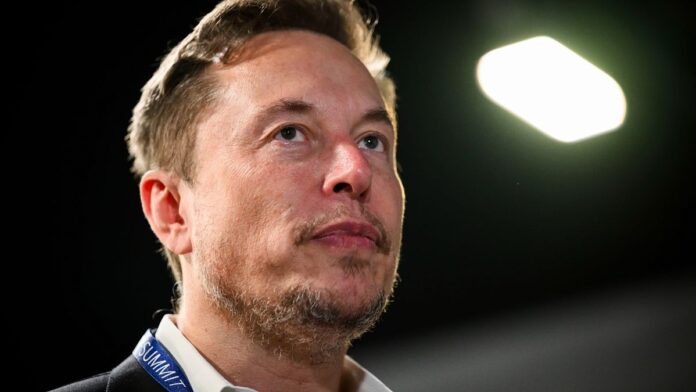Elon Musk, ever the disruptor, has thrown his hat into the ring of online knowledge with the launch of Grokipedia, an AI-powered encyclopedia promising a less biased alternative to the reigning champion, Wikipedia. This bold move marks another foray for Musk’s xAI into the world of artificial intelligence products.
On Tuesday, Musk unveiled Grokipedia via X, formerly known as Twitter. He confidently proclaimed that even in its nascent 0.1 version, Grokipedia surpasses Wikipedia. However, the platform initially experienced a high-traffic crash before resuming operation hours later.
Grokipedia’s open-source nature allows anyone to use it freely for any purpose, mirroring Wikipedia’s accessibility model. While the site looks strikingly similar to its more established competitor – think clean layout, searchable database, and familiar headings – visual similarities are just the tip of the iceberg.
A user interface resembling Google’s search bar dominates the homepage, allowing users to set color modes and create accounts. Currently boasting approximately 885,200 articles, Grokipedia relies on existing sources like Wikipedia itself for content. Interestingly, entire paragraphs, particularly on technical subjects, appear to be directly lifted from Wikipedia, as noted by user comparisons. Unlike its open-editing model, Grokipedia entries are static – users cannot modify or correct information themselves.
This closed system has drawn immediate criticism from the Wikimedia Foundation, the non-profit organization behind Wikipedia. Franziska Heine, Managing Director of Wikimedia Germany, underscored the fundamental difference: “Wikipedia is not owned by a company, but is independent and is supported by thousands of volunteers who have a great sense of responsibility for their project.” This decentralized structure fosters radical transparency, ensuring users can trace the origins of information and track any edits, building trust in its reliability.
Musk’s primary contention with Wikipedia centers on perceived bias, specifically accusing it of harboring a left-leaning political slant. This accusation has been repeatedly investigated over the past 25 years by various entities, with no conclusive evidence to support it, according to the Wikimedia Foundation. Despite acknowledging imperfections, they firmly state that “Wikipedia is and remains the largest freely accessible and transparent source of reliable and verifiable knowledge.”
Grokipedia attempts to counter this perceived bias with an integrated fact-checking system reminiscent of Grok, the platform’s own AI-powered fact-checking tool for X. However, the exact algorithms driving this fact-check and the sources utilized remain shrouded in secrecy.
Adding another layer of complexity is the potential for AI “hallucinations.” These occur when large language models like ChatGPT, OpenAI’s chatbot, generate plausible but entirely fabricated information. This raises serious questions about the reliability and trustworthiness of AI-generated content, even within a supposedly fact-checked environment.
Grokipedia’s arrival throws down the gauntlet in the arena of online knowledge. Whether it can successfully challenge Wikipedia’s dominance remains to be seen. Only time will tell if Musk’s ambitious project can truly deliver on its promise of neutrality and accuracy.




























